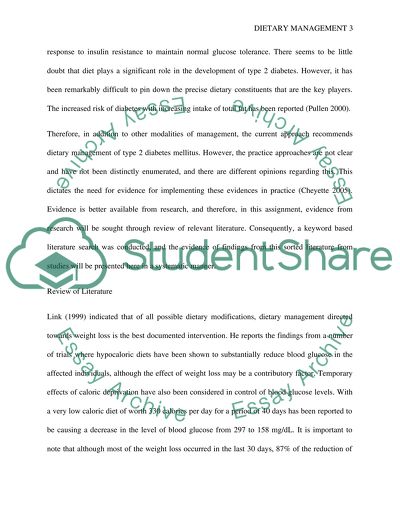Dietary Management of Type 2 Diabetes Mellitus Research Paper. Retrieved from https://studentshare.org/miscellaneous/1520338-dietary-management-of-type-2-diabetes-mellitus
Dietary Management of Type 2 Diabetes Mellitus Research Paper. https://studentshare.org/miscellaneous/1520338-dietary-management-of-type-2-diabetes-mellitus.


